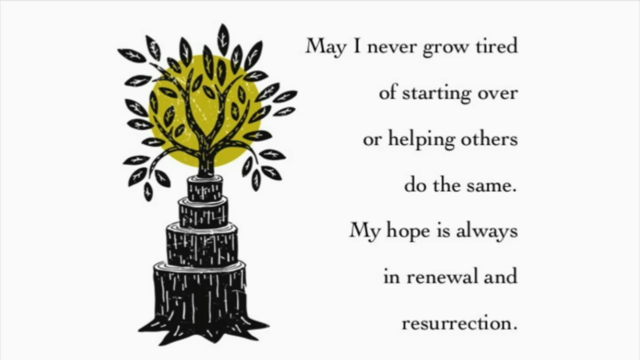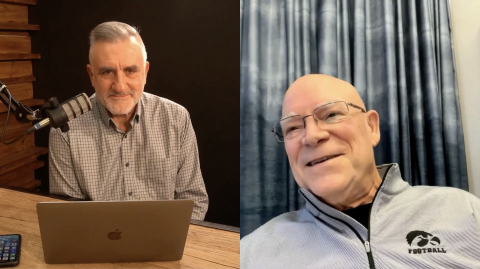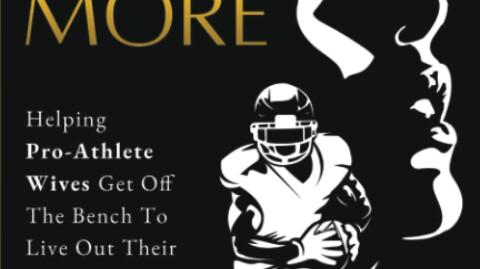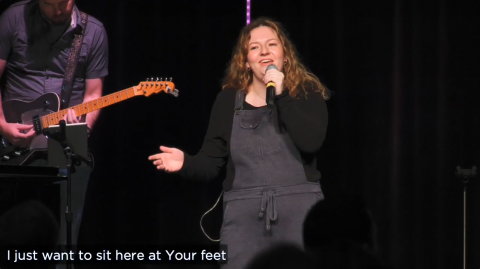
Guest speaker Justin McRoberts tackled the issue of forgiveness during his message on Sunday, Nov. 5 at Community Church. Justin said we must actively participate in the practice of forgiveness in order for it to happen. When you don’t allow forgiveness to restore a broken relationship, the fracture will grow and fester.
Justin looked at two gospel passages (Luke 22 and Mark 14) to draw comparisons between Judas and Peter, who each wronged Jesus but experienced very different results. Here are some key points:
*Judas is considered one of the worst because he betrayed Jesus. He didn’t do it spontaneously or because of a momentary lapse in judgment, but rather planned out the betrayal.
*Both Luke and John acknowledge in their gospel stories that Judas was more than a betrayer to Jesus. They refer to him as “one of the twelve,” meaning Judas was one of them. They didn’t define Judas just by the way he wronged Jesus.
*Peter also wronged Jesus by denying him three times. Furthermore, he was ready to quit being a follower of Jesus and go back to fishing and was willing to take others with him.
*The difference between Judas and Peter is that Judas thought his failure defined him and was the end, so he went out and hanged himself. Peter, meanwhile, allowed the forgiveness of Jesus to restore their relationship. Peter concluded that there was no place in life that God’s grace could not heal.
*What failure of yours have you allowed to define you? The hope of Jesus is that there is always renewal and resurrection on the other side of our failures.
*We’ve also been wronged by other people and our relationship can be defined by that injury. It takes the practice of forgiveness to bring renewal and restoration to that relationship.
*Justin shared the story of a friend who stole thousands of dollars from him by using his credit card. The two didn’t speak for more than seven years. Jeremy said he defined his friend by the wrong he committed and didn’t hold back in telling everyone he could about the offense — Jeremy wanted to hurt his friend in the same way his friend hurt him.
When Justin finally tracked down his friend, instead of lashing out in anger and revenge, he worked out a plan for the friend to pay back the money that was stolen. Through this process their relationship was renewed. Later on the friend asked Jeremy to officiate his wedding, and the friend also gave an unsolicited $800 gift to a down-and-out friend of Jeremy’s. From this experience Jeremy learned some key lessons:
-Those glorious moments on the other side of the betrayal by the friend don’t happen if Justin allowed the wrong that was committed against him to define the relationship. The process of forgiveness can take a long time but it’s worth it.
-God’s grace is always deeper and better. All of us need second chances. While broken relationships will never be the same as before, through God’s grace they can be better. The resurrected body of Jesus bore the scars of his crucifixion, but the important point is that he was no longer dead but alive. Our scarred relationships don’t have to remain dead. They can come alive through God’s grace.
-We must ask this question about any fractured relationships we are experiencing: "Jesus, what can you do with this?" God’s redemptive capacity is endless, no matter what our level of brokenness.



